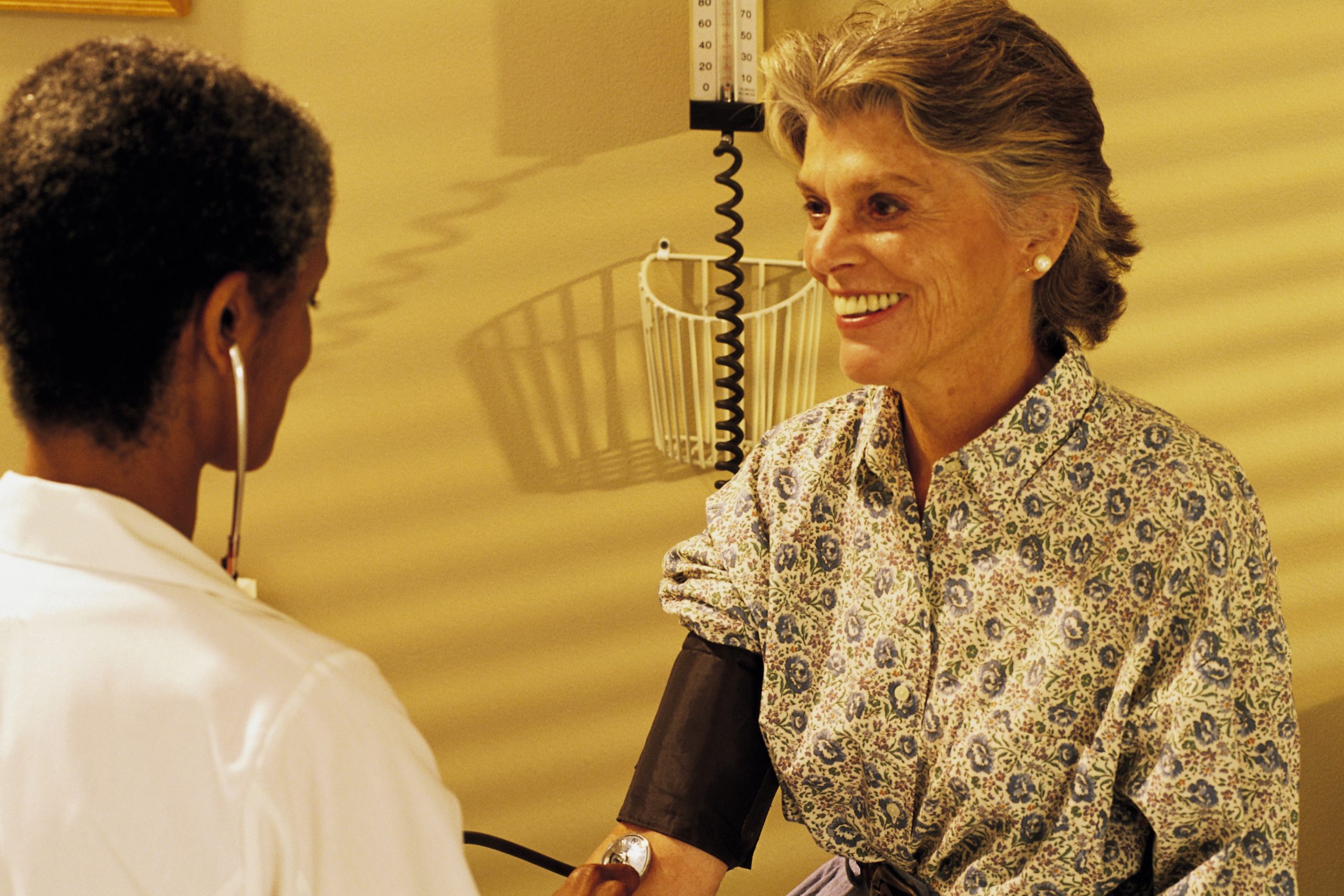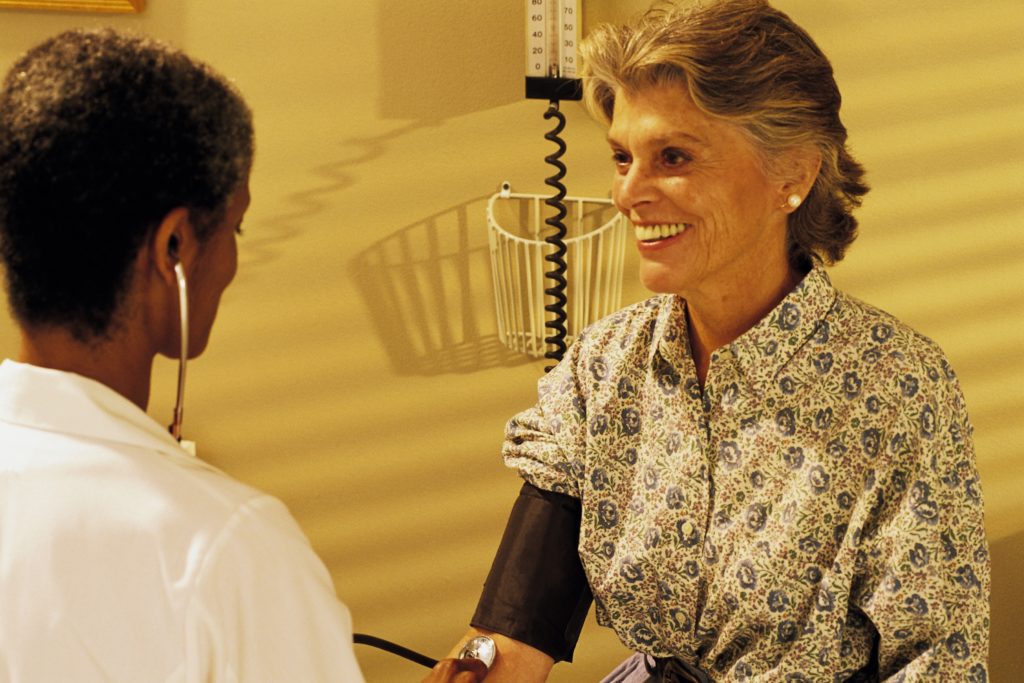 Hospital discharge is a key transition time—and while you may be anxious to return home, flaws in the process can lead to a quick return. Within 90 days of discharge, about 35% of Medicare recipients are readmitted to the hospital.
Hospital discharge is a key transition time—and while you may be anxious to return home, flaws in the process can lead to a quick return. Within 90 days of discharge, about 35% of Medicare recipients are readmitted to the hospital.
Studies indicate the primary causes of readmission are poor communications and lack of follow up care. This leads to issues such as improper use of medication, reoccurrence of the illness, infection, falls and related problems during this vulnerable time. Studies have shown that individuals living alone without home care services are much more likely to be readmitted than those who receive proper follow-up services, such as home health care.
Here is a checklist of things to consider and ask about to ensure a safe return home for you or someone you love:
• Specific, clear follow up care instructions in lay terms. Ask to have things explained, and preferably have a family member, friend or geriatric care manager with you to listen as well. These should include: all medications with instructions, follow-up appointments, any therapy or treatment you will be receiving (and who will be providing it, when will it occur, how can you reach them).
• How you are functioning currently and your strength level. Are you in a weakened state or will you be on medications that make you drowsy? If so, you may need extra help with home care tasks and someone with you to ensure safety.
• Signs or symptoms you should be monitoring. Should you be watching for certain things that may indicate an infection or threat? What should you do/who should you call if you notice this sign or symptom?
• Will you receive Medicare home health services or in-home rehabilitation? When will those services begin and how long can you expect them to continue?
• How will you get medical equipment or medications you need immediately?
• How will you get safely home on the day of discharge? (Consider again your functional state and strength.)
EasyLiving can help with our Transitions of Care Program. Contact us or read more about our 1st 24 hours homecare program-helping with Pinellas County home care needs during this vital period after discharge.
Here are some specific ways EasyLiving home care helps during the discharge process:
• Assistance getting home safely on the day of discharge. Even if a family member is planning to bring you home, it may help to have a professional caregiver to physically help with lifting or to stay with you while your loved one goes out to pick up medications, food, etc.
• Help getting settled at home: cleaning your refrigerator of out of date food, purchasing groceries, picking up prescriptions or equipment, preparing a meal.
• Physical assistance and fall prevention: trained home health aides know how to lift you, assist with transferring from bed to bathroom, and keep you safe when weak.
• Keeping on a medication or treatment schedule, reminding you of follow-up such as appointments or follow up steps you should take. Medication management is especially important after a hospitalization.
• Transportation to follow up appointments and physical assistance getting to treatment or therapy, when needed.
• Help following exercises or instructions given by Medicare home health therapists and providers.
Contact us today for help with discharge transitions or any Pinellas County, Florida home care needs. EasyLiving has been advocating for Clearwater seniors for many years and believes in providing the affordable, quality home healthcare that you need to stay safe, healthy and happy.







